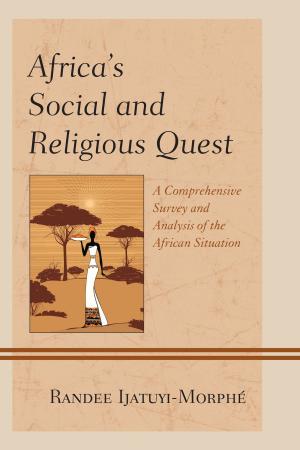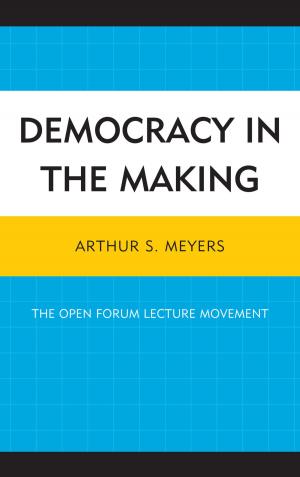Jonathan Edwards on Justification
Reform Development of the Doctrine in Eighteenth-Century New England
Nonfiction, History, Modern, 18th Century, Americas, United States, Colonial Period (1600-1775), Religion & Spirituality, Philosophy| Author: | Hyun-Jin Cho | ISBN: | 9780761856207 |
| Publisher: | UPA | Publication: | September 11, 2012 |
| Imprint: | UPA | Language: | English |
| Author: | Hyun-Jin Cho |
| ISBN: | 9780761856207 |
| Publisher: | UPA |
| Publication: | September 11, 2012 |
| Imprint: | UPA |
| Language: | English |
Jonathan Edwards (1703–1758) was a preacher, theologian, and missionary to the Native Americans. This book deals with Jonathan Edwards’ doctrine of justification and its continuity with Reformed tradition. In his Reformed Theology, Edwards interprets the doctrine with scholastic as well as forensic terms such as “disposition,” “habit,” and “fitness.” Due to his use of these concepts, some scholars suspect that he had a quasi-Roman Catholic view of salvation. According to them, Edwards’ use of the terms indicates the intrinsic renovation or inherent righteousness of a saint. Contrary to this suspicion, Jonathan Edwards on Justification demonstrates that Edwards stands firmly on the Reformed tradition in the doctrine of justification. In this book, Hyun-Jin Cho presents a historical study on the theological connection between Edwards and his Reformed forebears. Based on Edwards’ dispositional ontology, the concept of “dispositional transformation” with the Holy Spirit becomes an important theoretical foundation of his doctrine of justification. Cho discusses Edwards’ attempts to explain his doctrine of justification in terms of disposition and its effects.
Jonathan Edwards (1703–1758) was a preacher, theologian, and missionary to the Native Americans. This book deals with Jonathan Edwards’ doctrine of justification and its continuity with Reformed tradition. In his Reformed Theology, Edwards interprets the doctrine with scholastic as well as forensic terms such as “disposition,” “habit,” and “fitness.” Due to his use of these concepts, some scholars suspect that he had a quasi-Roman Catholic view of salvation. According to them, Edwards’ use of the terms indicates the intrinsic renovation or inherent righteousness of a saint. Contrary to this suspicion, Jonathan Edwards on Justification demonstrates that Edwards stands firmly on the Reformed tradition in the doctrine of justification. In this book, Hyun-Jin Cho presents a historical study on the theological connection between Edwards and his Reformed forebears. Based on Edwards’ dispositional ontology, the concept of “dispositional transformation” with the Holy Spirit becomes an important theoretical foundation of his doctrine of justification. Cho discusses Edwards’ attempts to explain his doctrine of justification in terms of disposition and its effects.















